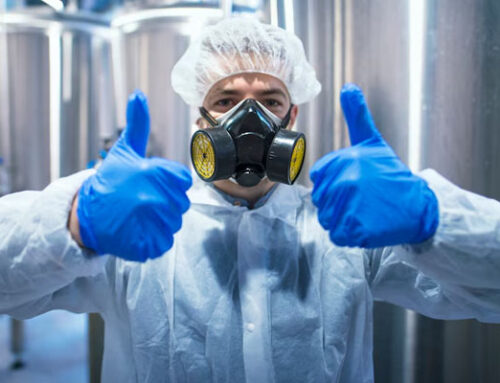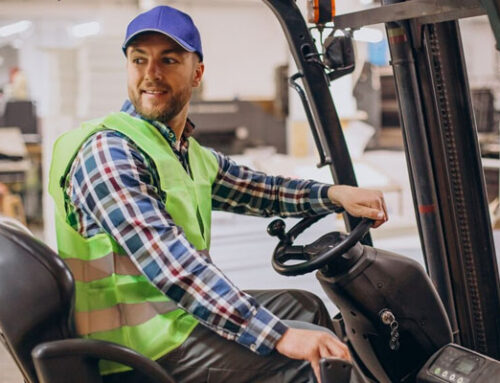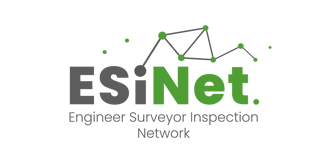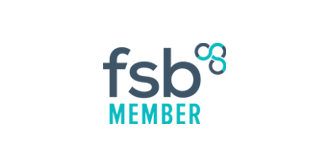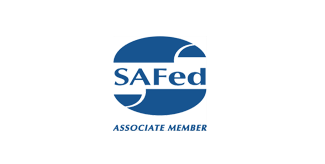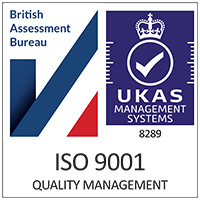If you run a business in the United Kingdom that uses lifting equipment or accessories, you may have come across the term “LOLER” in your research or conversations. But what exactly is LOLER, and how do you know if it applies to your business? In this blog, we’ll demystify LOLER (Lifting Operations and Lifting Equipment Regulations 1998) and help you determine whether your business needs to comply with these important regulations.
Understanding LOLER
LOLER, which stands for Lifting Operations and Lifting Equipment Regulations, is a set of legal requirements in the UK designed to ensure the safe use of lifting equipment and accessories. These regulations are in place to protect the safety of workers and the public by minimising the risk of accidents and injuries associated with lifting operations.
LOLER covers a wide range of lifting equipment, including cranes, forklifts, hoists, and even simple lifting accessories like chains and slings. Whether you work in construction, manufacturing, agriculture, or any industry that involves lifting operations, LOLER could be relevant to your business.
Determining if LOLER Applies to Your Business
To determine if LOLER applies to your business, consider the following factors:
Types of Lifting Equipment: Start by identifying the lifting equipment used in your business operations. LOLER applies to a broad range of equipment, including mobile cranes, vehicle lifts, and even office chair hoists.
Lifting Operations: Think about the lifting operations your business conducts. This could include lifting goods, machinery, materials, or even people. If lifting is part of your daily operations, LOLER may apply.
Frequency: Consider how often lifting operations occur within your business. LOLER typically applies to lifting equipment and operations that are used regularly.
Use of Lifting Accessories: LOLER also covers the use of lifting accessories such as chains, slings, and shackles. If your business uses these accessories in lifting operations, you must comply with LOLER.
Location: The application of LOLER is not limited to a specific industry. Whether you operate in construction, manufacturing, agriculture, or any other sector, if you use lifting equipment, LOLER is likely to apply.
Responsibilities: Understand the responsibilities outlined in LOLER, which include the duty of employers, equipment owners, and operators to ensure that lifting equipment is safe to use.
Compliance with LOLER
If LOLER does apply to your business, you must ensure compliance with the regulations. This involves several key steps:
Thorough Examination: Lifting equipment must undergo regular thorough examinations by competent and qualified individuals. The frequency of these examinations depends on the type of equipment and its usage. Come direct to SIS Ltd to have us help.
Record-Keeping: Maintain detailed records of equipment inspections, repairs, and maintenance. These records should be available for review by relevant authorities.
Training and Competence: Ensure that your employees are trained and competent to operate the lifting equipment safely. This includes understanding the risks associated with lifting operations and how to mitigate them.
Risk Assessment: Conduct risk assessments for all lifting operations to identify potential hazards and implement measures to minimise risks.
Documentation and Certification: Keep equipment manuals, user instructions, and any certification documents readily accessible.
Conclusion
LOLER is a crucial set of regulations in the UK that aims to ensure the safe use of lifting equipment and accessories. It applies to a wide range of businesses and industries, making it essential to understand whether it applies to your operations. By considering the types of equipment you use, the frequency of lifting operations, and your responsibilities under LOLER, you can determine if compliance is necessary. Remember that prioritising safety not only keeps your employees and the public safe but also helps your business operate smoothly and avoid legal issues. If you’re unsure about LOLER’s applicability to your business, seek guidance from a qualified expert or the Health and Safety Executive (HSE).



